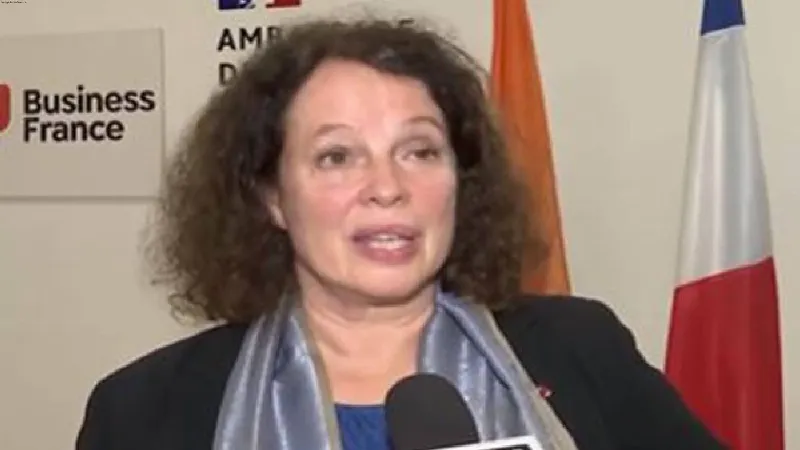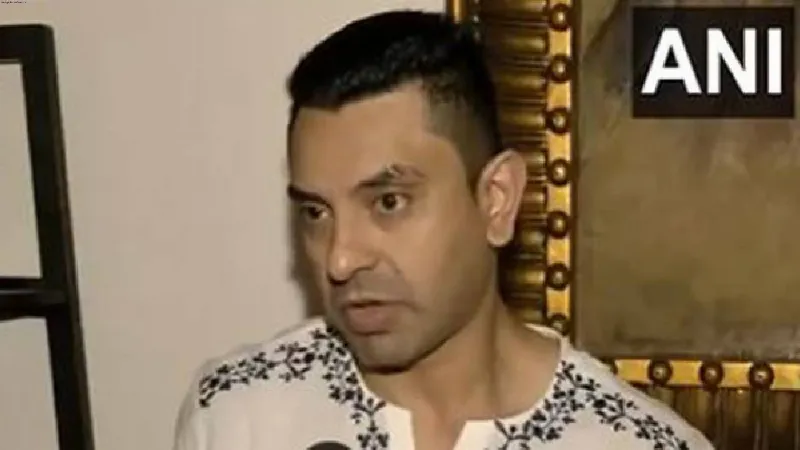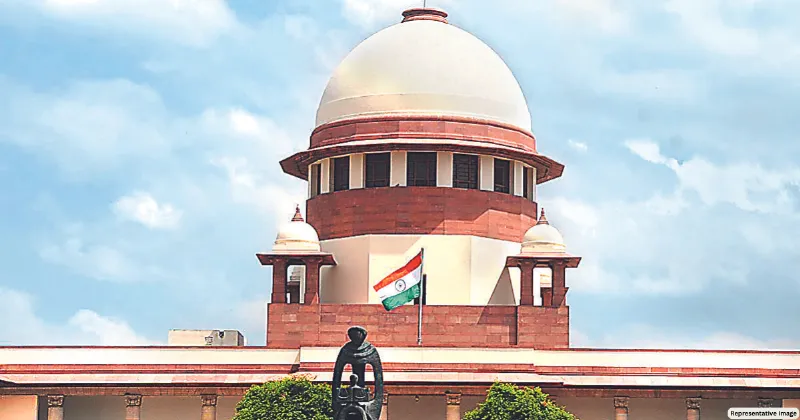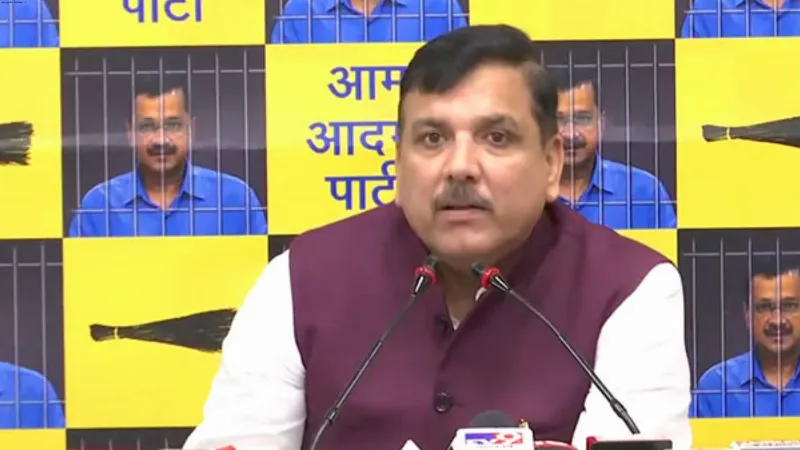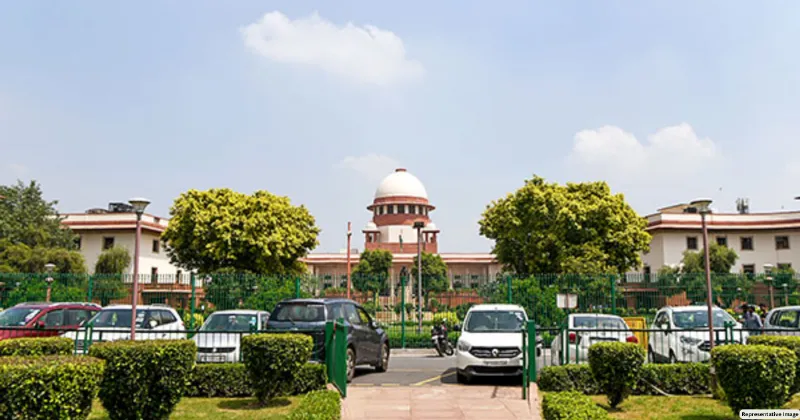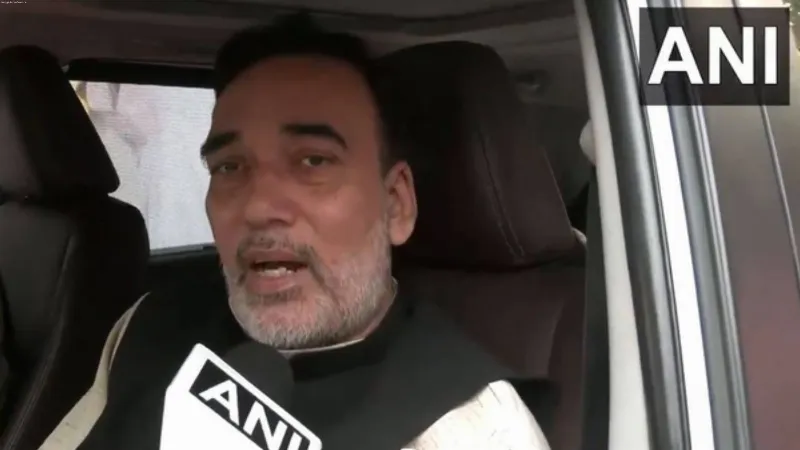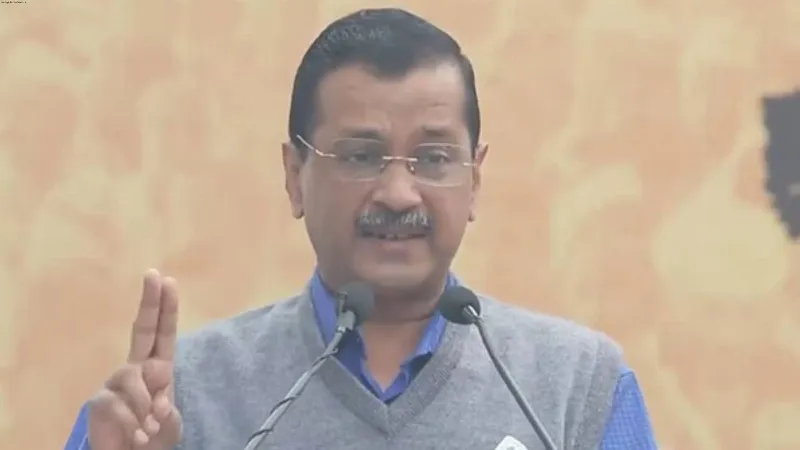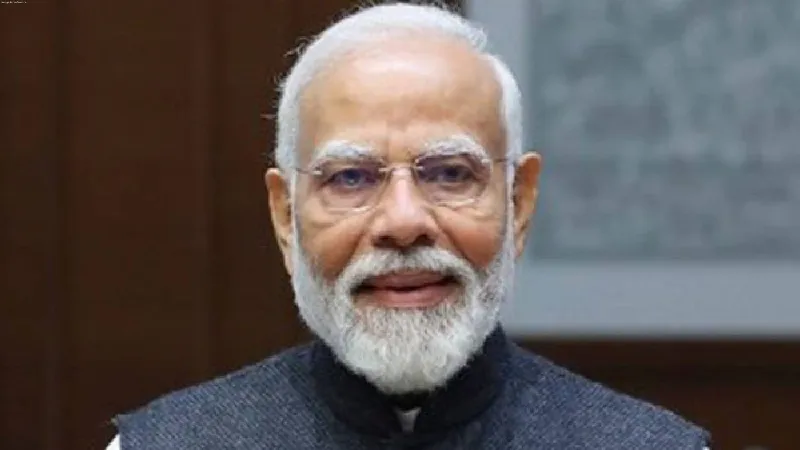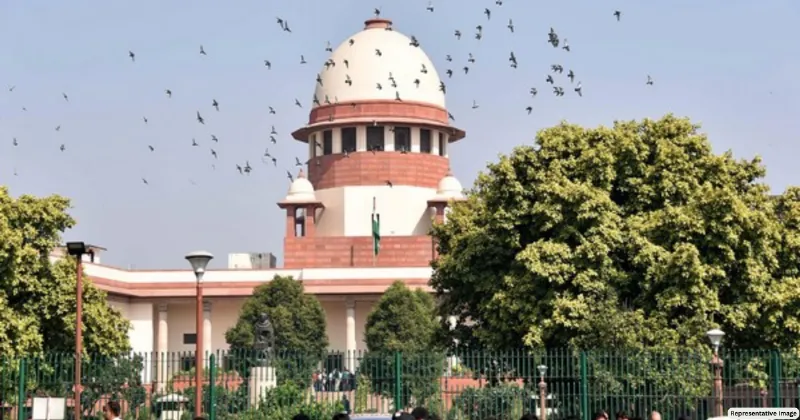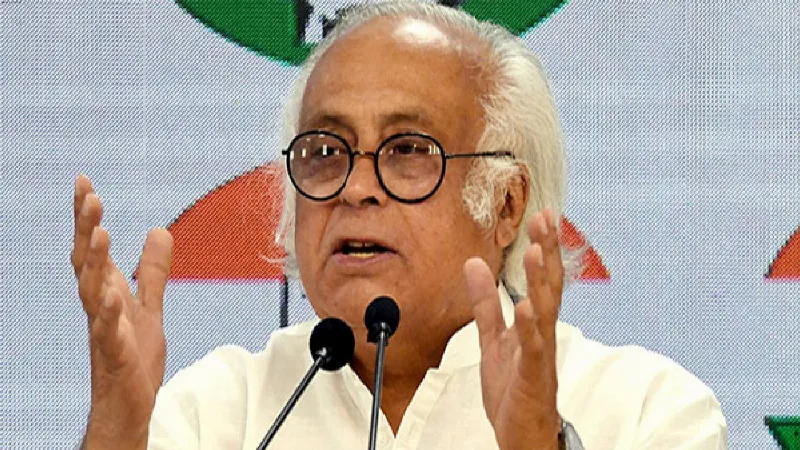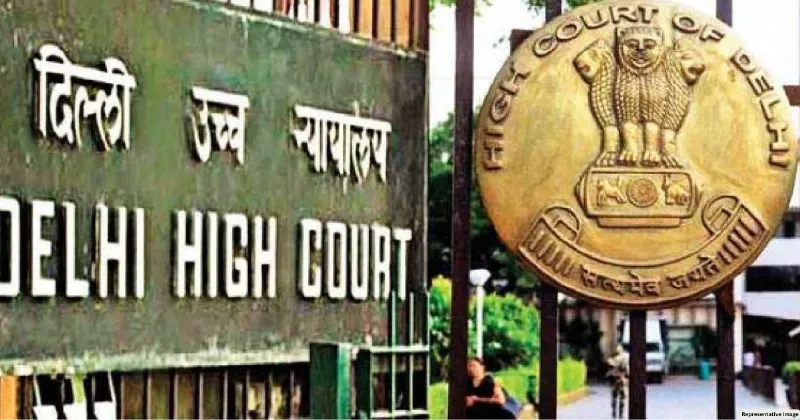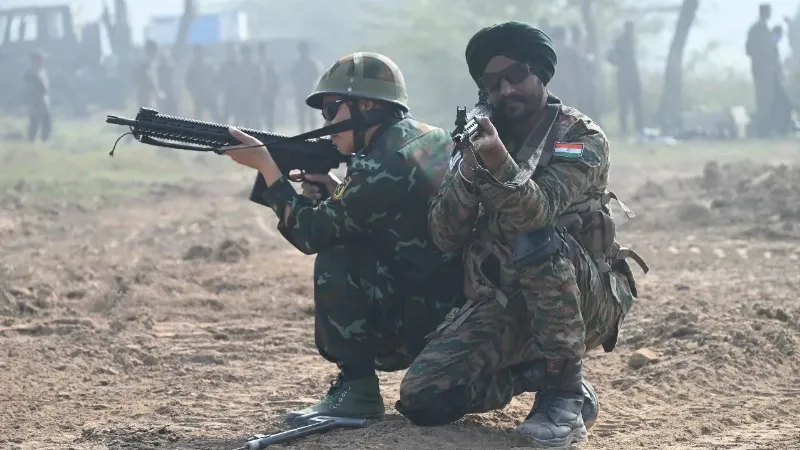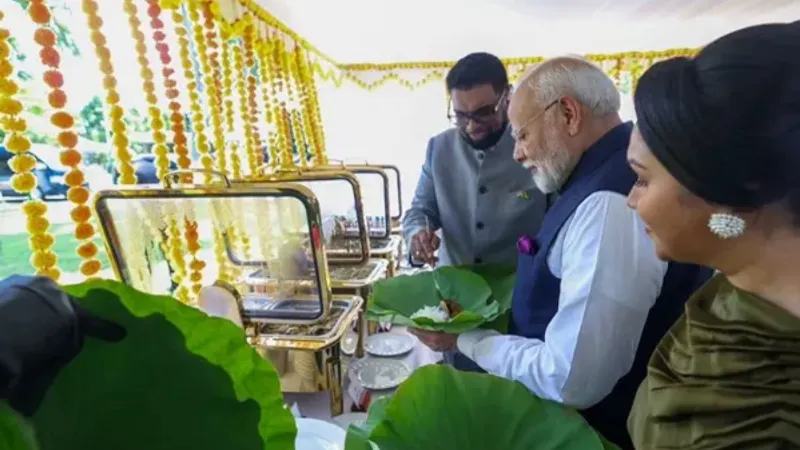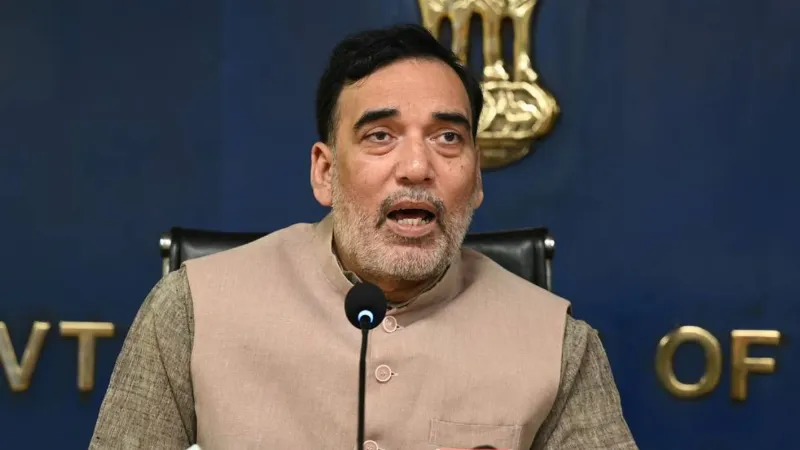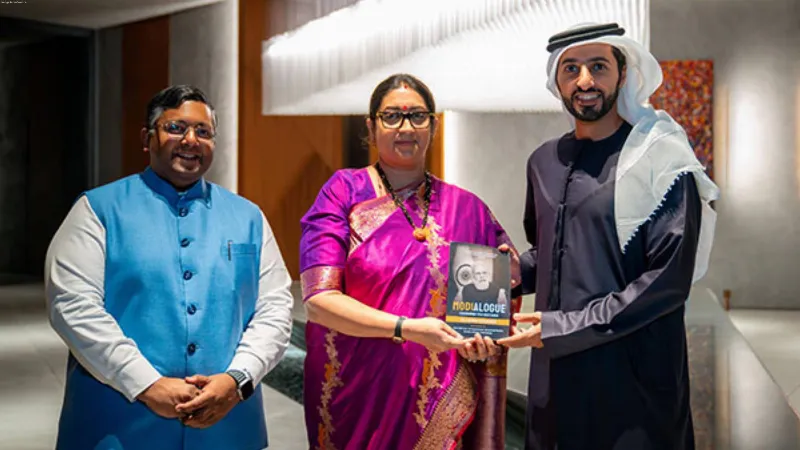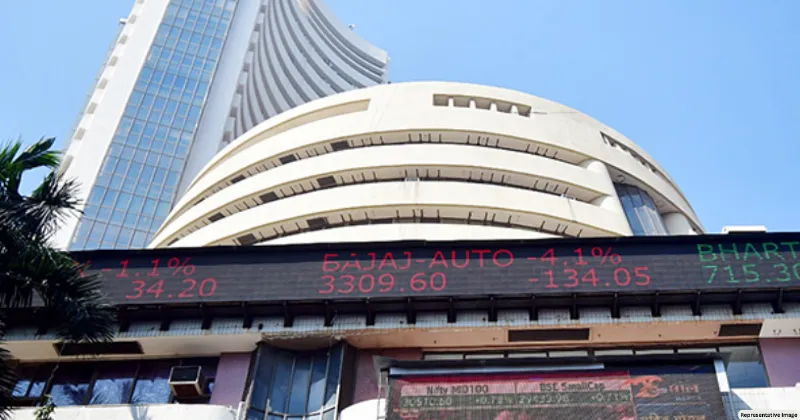"Qatal ki Raat": Former Diplomat's book shows how PM Modi snubbed Imran Khans' midnight call after Balakote strike

New Delhi: Following the Pulwama terror attacks in 2019, former Pakistan Prime Minister Imran Khan, fearing an Indian missile attack, desperately attempted to speak with Prime Minister Narendra Modi on the phone to avert a full-blown military crisis, according to a new book by Ajay Bisaria the former High Commissioner to Pakistan.
In his latest book, 'Anger Management: The Troubled Diplomatic Relationship between India and Pakistan, Ajay Bisaria former India High Commissioner in Pakistan, claims that Pakistan had credible information on nine missiles India had prepared to launch into Pakistani territory.
"India was asked to desist, since this was an unprecedented act of aggression and an action tantamount to open war. While Pakistan's media reported the demarche on ceasefire violations by India, the story of the potential missile launch was held back that night but released in a background briefing by ISPR on March 4, with some embellishments. Several media reports appeared in March, detailing the conversations around the missiles between India and Pakistan and through global interlocutors," Bisaria wrote in his book.
Anticipating an Indian missile attack, fear-stricken Imran Khan pulled out all the stops and requested a midnight call with PM Modi to bring the situation under control. The call was arranged by the then-Pakistani High Commissioner, Sohail Mehmood, who contacted his counterpart in Delhi.
"At around midnight, I got a call in Delhi from Pakistani high commissioner Sohail Mahmood, now in Islamabad, who said that PM Imran Khan was keen to talk to Prime Minister Modi. I checked upstairs and responded that our Prime Minister was not available at this hour but in case Imran Khan had any urgent message to convey, he could, of course, convey it to me. I got no call back that night," Basaria mentions in his book.
The events unfolded a day after the Balakote airstrikes conducted by the Indian Air Force on terror hideouts in Pakistan on February 26, 2019.
The strikes were in retaliation for a terrorist attack on Indian forces in Jammu and Kashmir's Pulwama on February 14, 2019.
The US and UK envoys in Delhi got back overnight to India's foreign secretary to claim that Pakistan was now ready to de-escalate the situation, to act on India's dossier, and to seriously address the issue of terrorism, says the Book.
Bisaria continues, the next day, we got the breaking news that Khan had said that Pakistan would repatriate Wing Commander Abhinandan Varthaman, the IAF pilot who had been captured after his plane went down in Pakistani territory, as a "peace gesture". Bisaria termed the release of the Indian Pilot a result of India's "coercive diplomacy"
"India's coercive diplomacy had been effective, India's expectations of Pakistan and of the world had been clear, backed by a credible resolve to escalate the crisis," says the book.
Prime Minister Modi would later say in a campaign speech 'Fortunately, Pakistan announced that the pilot would be sent back to India. Else, it would have been 'Qatal ki Raat', a night of bloodshed, the former Diplomat writes in his book.

